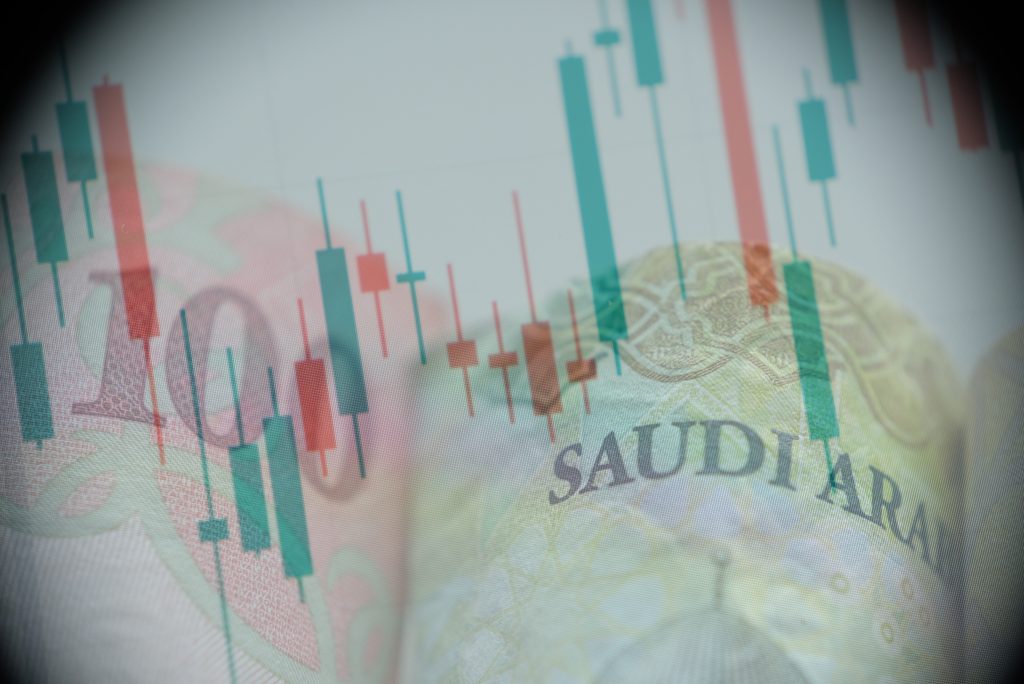Saudi Arabia has revised its economic forecasts, anticipating slower growth and larger budget deficits from 2024 to 2026 due to increased spending and reduced oil revenue expectations. The Ministry of Finance’s latest report indicates a significant reduction in GDP growth projections, with 2023 expected to see only a 0.8% rise, down from an earlier 4.4% estimate. Projections for 2025 and 2026 have also been adjusted downward.
The 2025 budget plan emphasizes regulatory and structural reforms, aiming to boost sustainable economic growth, improve social development, and enhance quality of life through transformative spending. The government plans to leverage sovereign and development funds to stimulate investment and empower private and non-profit sectors.
Despite these efforts, Saudi Arabia anticipates budget deficits as it focuses on achieving Vision 2030 goals to diversify its oil-dependent economy. The Finance Ministry forecasts a deficit of 2.9% of GDP for 2024, with similar shortfalls expected in the following years.
The nation’s fiscal breakeven oil price has risen, with the International Monetary Fund estimating it at $96.20 per barrel for 2024, a significant increase from previous years. However, current oil prices remain below this level as global demand slows and supply increases.
Saudi Arabia is investing heavily in hosting international events like the World Cup 2034 and Expo 2030, alongside ambitious projects like Neom, supported by its Public Investment Fund. These initiatives require substantial financial commitments.
While public debt has increased to 28% of GDP, it remains low compared to international standards, allowing the kingdom to manage debt more effectively. Reforms are underway to attract foreign investment and diversify revenue streams. Although the economy has faced contraction, non-oil sectors showed a 4.4% growth in the recent quarter, indicating resilience.
